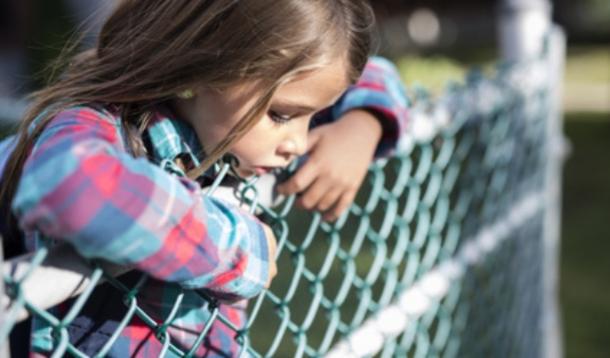
My 7 year-old daughter is bossy — at least when it comes to her little sister. At least once a day I find myself telling her “You are NOT your sister’s mother!”
With her friends, however, my daughter is a completely different person. Right from her very first friend, she has been a magnet for attracting playmates who are bossy, aggressive, and manipulative. I’ve been at a loss as to how to help her act in these situations, trying to find the elusive balance of standing up for herself, while empathizing with what a person may be going through that causes them to act a certain way - and that it often has nothing to do with her.
As she gets older, and I’m less involved in her class and on play dates, she is relying more and more on her own abilities. My job now is try and calm down my "mama bear" instincts, and give my daughter the tools she needs to navigate these situations on her own. To do that, I asked two of my favourite people in the parenting field to give me some tips on how I can help my daughter.
Nicole Schwarz of Imperfect Families suggests to open up the conversation and focus on understanding the situation from your child's perspective. What bothers them about this friend? What do they like about this friend? What do they wish this friend would do differently? Are there times when things go well? When do things get more difficult?
Instead of jumping in with the "perfect" solution to the friendship problem, brainstorm with your child. Talk about different ways to respond to their friend. Discuss the pros and cons of each response. Troubleshoot through the ways their friend may respond. Practice at home so your child feels confident using the solution in real life.
Casey O’Roarty of Joyful Courage agrees with Nicole and also recommends asking your child to look at the situation through the eyes of everyone else involved. We want them to develop skills for seeing from multiple perspectives, and for broadening their lens to the experiences of others.
How do you help your child cope with these difficult situations? Do you have a tried and true method that works in your family?
To read more on what these two incredibly wise women have to say, I recommend checking out Nicole's post on Friendship Drama and Casey's post on Navigating Social Conflict.
![]() RELATED: Why Do We Always Try To Solve Our Parenting Problems Alone?
RELATED: Why Do We Always Try To Solve Our Parenting Problems Alone?